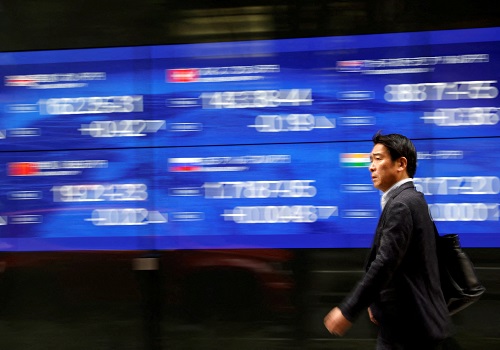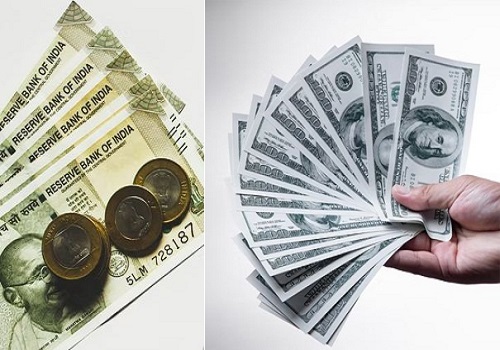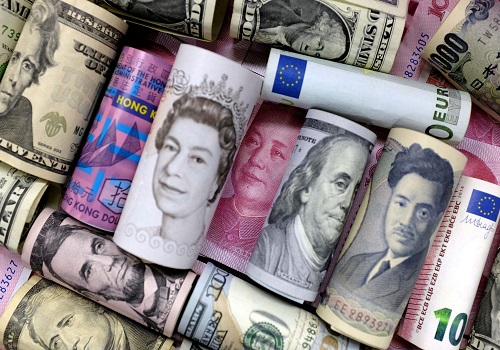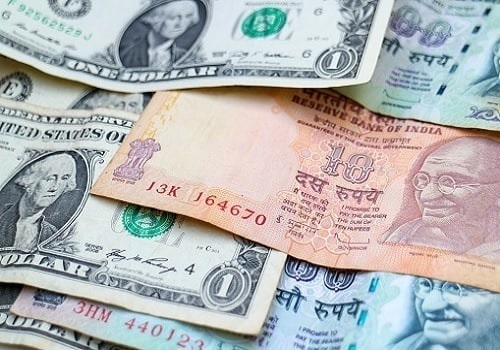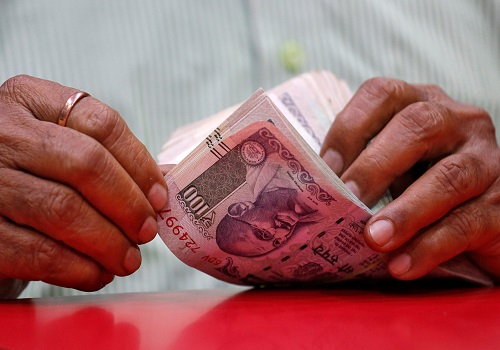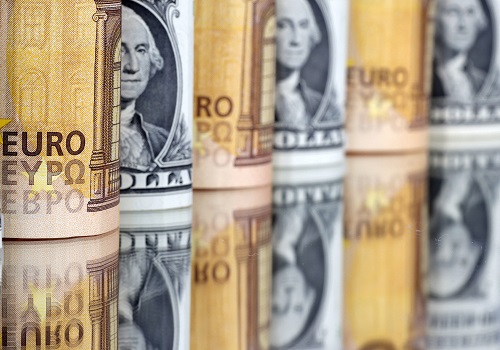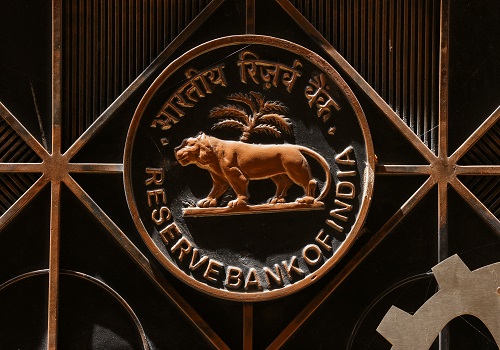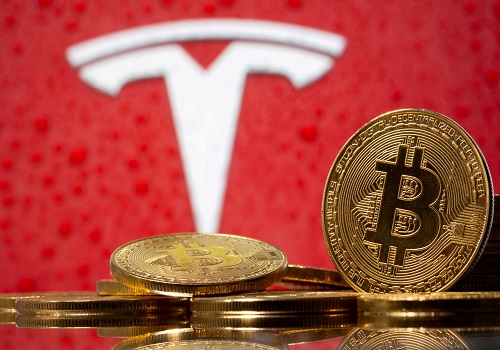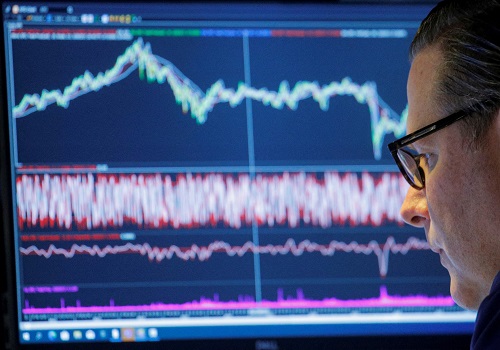Euro pierces parity, Wall Street gulps as U.S. inflation tops 9%
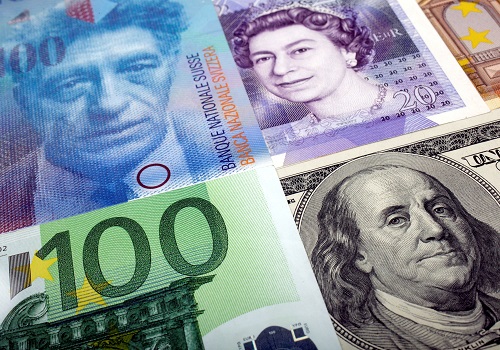
Follow us Now on Telegram ! Get daily 10 - 12 important updates on Business, Finance and Investment. Join our Telegram Channel
LONDON - The euro touched 1-to-1 versus the dollar for the first time in 20 years and stock markets skidded on Wednesday, after a 9.1% U.S. inflation reading - the highest since 1981 - bolstered the case for more supersized Fed rate hikes.
Recession worries meant Europe's bourses had already been stumbling [.EU], but the eyewatering headline CPI number had been even higher than most economists had feared to forecast.
Wall Street's gasps that another 75 basis point Fed hike could be on the cards immediately shoved what had been slightly higher S&P 500 futures < EScv1> down 1.5% and then the spot market down 2% as it opened. [.N]
The euro only briefly brushed parity but it was enough. [/FRX] Germany's DAX and France's CAC40 nearly doubled their morning losses to 1.5% and 1.4% respectively. London's FTSE wasn't far behind [.EU] as another 4% rise in gas prices added to the pressures. [/FRX][O/R]
"CPI of 9.1% is the highest number in 40 odd years, the only piece of good news is that core inflation is slightly lower," said Close Brothers Asset Management Chief Investment Officer Robert Alster.
"And euro parity - well, European economic prospects continue to get worse, especially if the Russian gas doesn't start coming come through again."
Concerns that rising U.S. interest rates will now bring the global economy to a standstill were evident far and wide. Copper, which is attuned to global growth, hit a 20-month low and has now slumped 30% since April. [.N][MET/L]
Korea and New Zealand had jacked up their rates too overnight. UK economic growth data did deliver an unexpected rise but investors were far more focused on how fast and furiously the Fed now moves.
It increased them by a supersized 75 basis points at its last meeting, which was its first move of that scale since 1994.
"Markets have been held up a bit in terms of parity in euro-dollar but we still have an incredible number of moving parts," Societe Generale's Kit Juckes said, explaining that the higher the U.S. inflation numbers, the clearer it will be that the Fed will crack on with rate hikes.
It left fixed income markets anxious. Ten-year U.S. Treasury yields - the benchmark for global borrowing costs - jumped back above 3% from 2.97% as they also digested the International Monetary Fund's latest U.S. growth forecast cut.
German government bond yields edged up to 1.15%, after falling sharply for two days, while 10-year Italian yields climbed to 3.27%. [GVD/EUR]
Bond market recessionary warning signs were already flashing "with growing alarm" Deutsche Bank's Jim Reid said. One in particular is the 2 year/10 year U.S. Treasury curve, which has inverted before every one of the last 10 U.S. recessions, and remains near its most inverted of this cycle so far at -16 bps.
Graphic: Euro pulled towards parity-https://fingfx.thomsonreuters.com/gfx/mkt/lbpgnegjwvq/Pasted%20image%201657616294404.png
PARITY WATCH
Wall Street's S&P 500 and Dow Jones opened 1% to 1.2% lower having also buckled again late on Tuesday. [.N]
Overnight, MSCI's broadest index of Asia-Pacific shares outside Japan gained 0.5%, snapping two straight days of losses and having slumped to its lowest in two years the day before.
Taiwanese stocks led the gains after Taiwan's finance ministry said on Tuesday evening it would activate its stock stabilisation fund. The market had fallen to a 19-month low that day.
Japan's Nikkei finished up 0.5% after it had lost nearly 2% the previous day. [.T]
"Sharp weakness in oil prices in July suggests that June's (inflation) may mark a peak, however. If so, the most dynamic phase of Fed tightening could conclude with a 75bps rate rise on 27 July," analysts at ANZ had said.
Worries that higher rates could bring the global economy to a standstill, or even worse into recession, has been the key driver behind both the 20% slump in world stocks this year and the surge in the safe-haven U.S. dollar.
The euro, which is down over 11% since January was last at $1.0022, after going as low as $0.9998 shortly after the data. Though traders point to some support in the market, the likes of JPMorgan have warned it could fall as low as $0.90 if Russia now severely restricts the region's gas supply.
The high-flying dollar was also firm on other peers, and its index measure against major rivals was perched at just over 108.
Oil prices resumed their overnight declines too. Brent crude slid 3.2% to back under $100 a barrel. Industrial metal copper buckled another 1.5% on the London Metal Exchange (LME) to $7,242 a tonne having slipped as low as $7,202.50.
Leading cryptocurrency bitcoin meanwhile was up over 2% and looked on track to snap a three-day losing streak, though at $19,772 was still trading below the key psychological $20,000 mark.







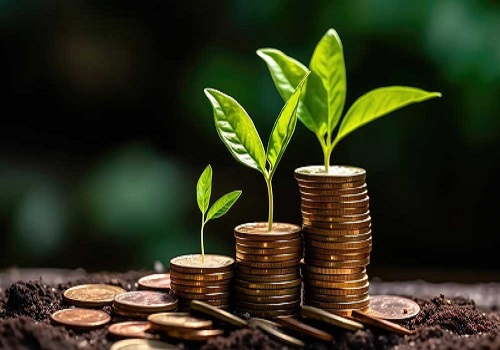




 320-x-100_uti_gold.jpg" alt="Advertisement">
320-x-100_uti_gold.jpg" alt="Advertisement">

